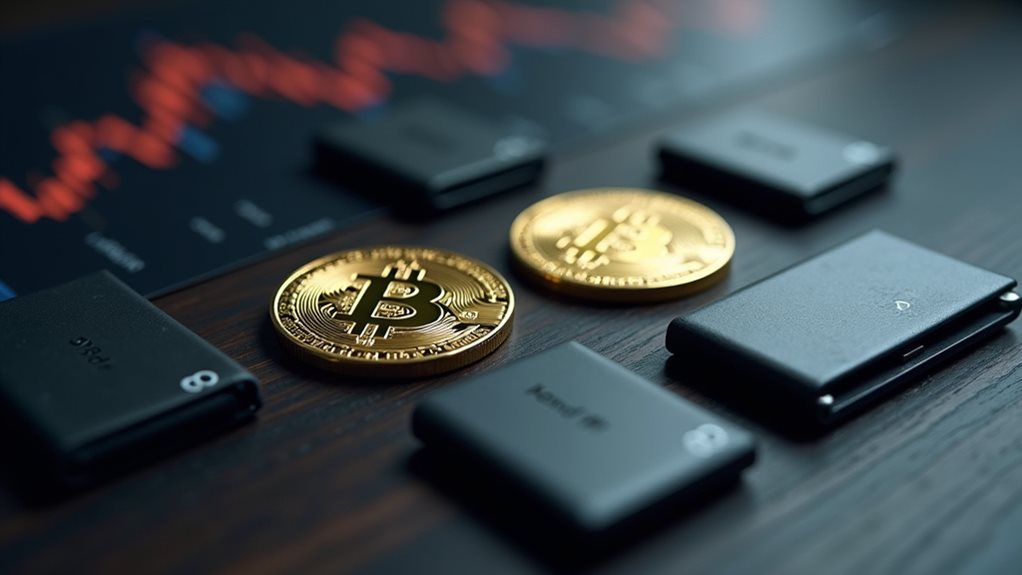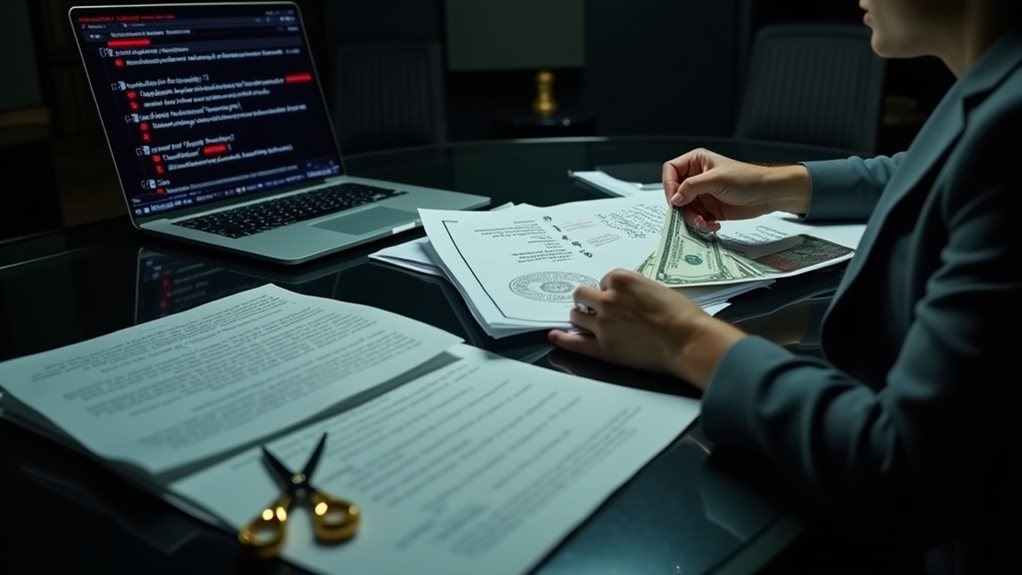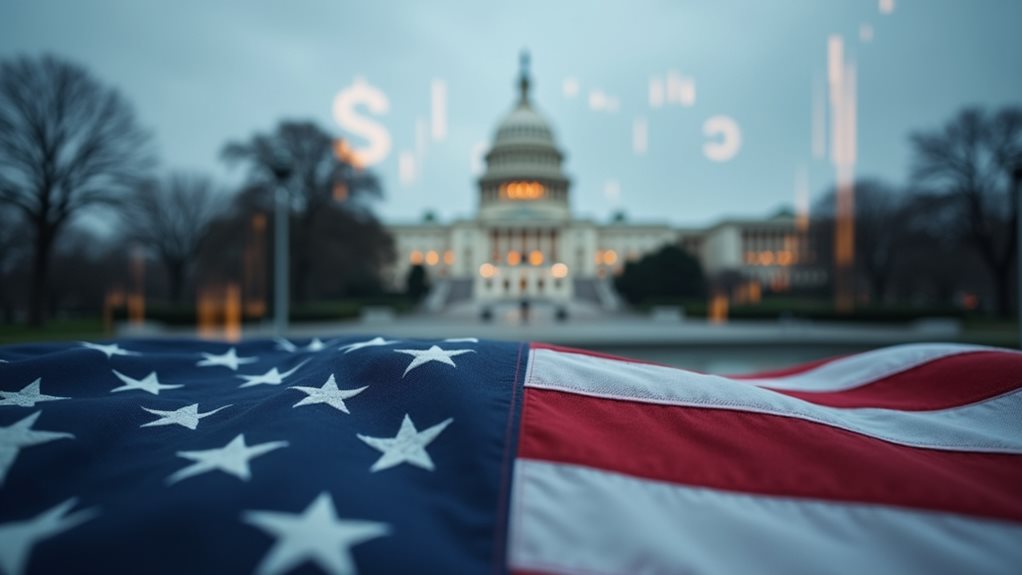The IMF just called out El Salvador’s Bitcoin game in a scathing July 2025 report, accusing the country of “fancy accounting tricks” instead of actual crypto purchases. The fund claims El Salvador’s rising Bitcoin balances come from wallet shuffling—basically moving money between accounts and pretending it’s new income. With over 6,200 BTC worth $738 million, the country’s public buying narrative directly contradicts what international observers are actually seeing on the blockchain.

While El Salvador’s government keeps bragging about its daily Bitcoin buying spree, the IMF just dropped a reality check that’s harder to swallow than a cold pupusa. In their July 15, 2025 report, the IMF fundamentally called out El Salvador’s Bitcoin claims as fancy accounting tricks, not actual new purchases.
The National Bitcoin Office has been shouting from the rooftops about continuous daily Bitcoin acquisitions. But the IMF? They’re not buying it. Literally. According to their report, those rising Bitcoin balances in El Salvador’s Strategic Bitcoin Reserve Fund aren’t from market purchases—they’re from shuffling existing Bitcoin between government wallets. Think of it as moving money from your checking account to savings and calling it new income. The market volatility in cryptocurrency has made such accounting practices particularly concerning for regulatory bodies.
Moving Bitcoin between government wallets while claiming new purchases is like shuffling deck chairs and calling it furniture shopping.
The country holds over 6,200 BTC, worth roughly $738 million, making it one of the world’s largest sovereign Bitcoin holders. Impressive on paper, but the IMF made it crystal clear with a footnote that explicitly refutes recent Bitcoin buying activity. That’s diplomatic speak for “we’re calling you out.”
This wallet shuffle revelation creates a transparency problem that’s bigger than Bitcoin’s daily price swings. El Salvador’s public messaging promotes Bitcoin accumulation while the IMF demands exposure limits as part of their $1.4 billion funding agreement. The contradiction raises uncomfortable questions about how honest the government has been about its crypto strategy.
The IMF isn’t just pointing fingers—they’re demanding action. They want El Salvador to keep Bitcoin holdings constant, publish quarterly disclosures, and integrate crypto data into official macroeconomic reports. They’re also pushing for the full privatization of the Chivo wallet by July 2025. As part of ongoing regulatory reforms, El Salvador is working to establish a new Bitcoin Management Agency to oversee its digital asset operations.
Independent blockchain analytics confirm El Salvador’s Bitcoin stash, but the internal accounting tells a different story. The government’s Bitcoin reserves have remained stable since IMF program approval, contradicting the daily buying narrative that officials have been promoting. Recent market trends show Bitcoin’s dominance declining to 61.6% as investors shift capital toward Ethereum and altcoins.
The IMF’s message is clear: stop the wallet shuffling theatrics and focus on managing the risks of Bitcoin’s notorious volatility. For a country that made Bitcoin legal tender, that’s a bitter pill to swallow.









